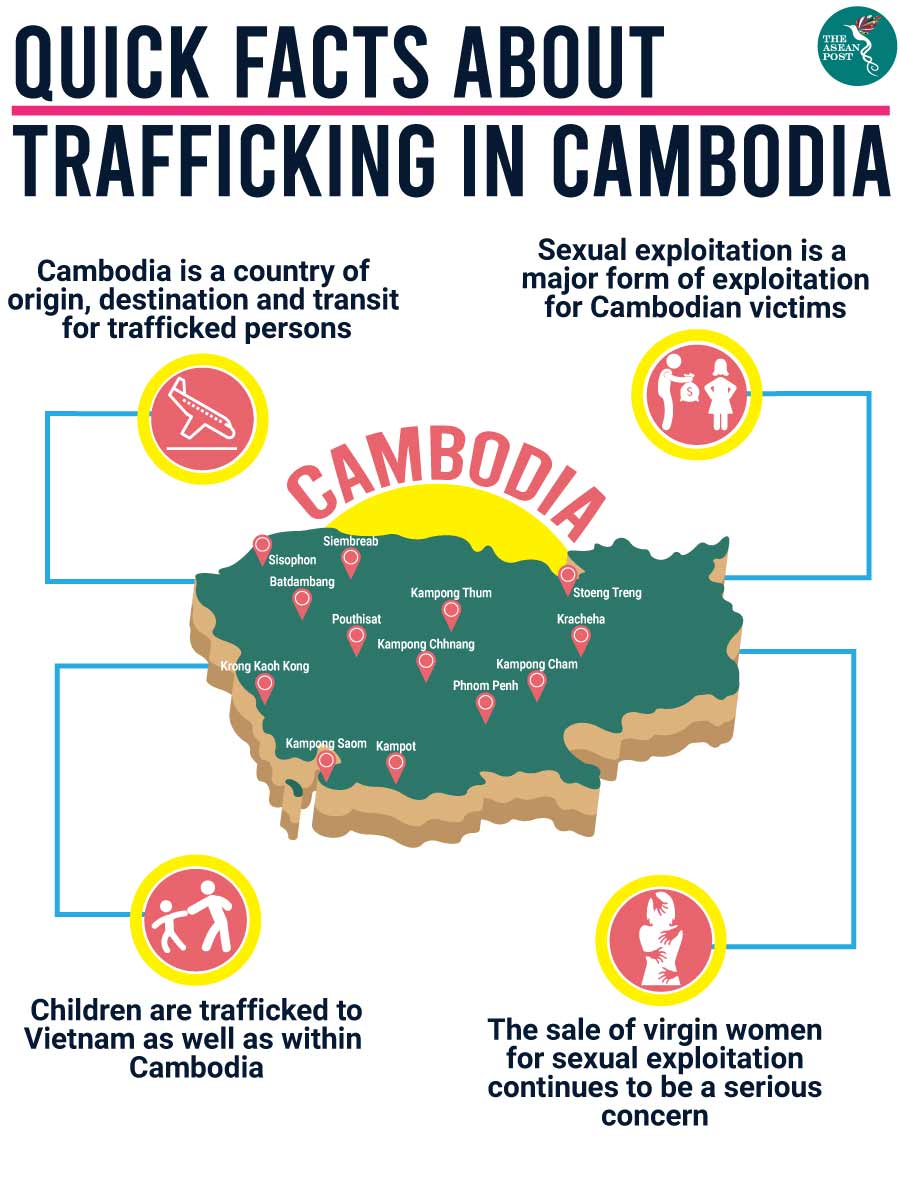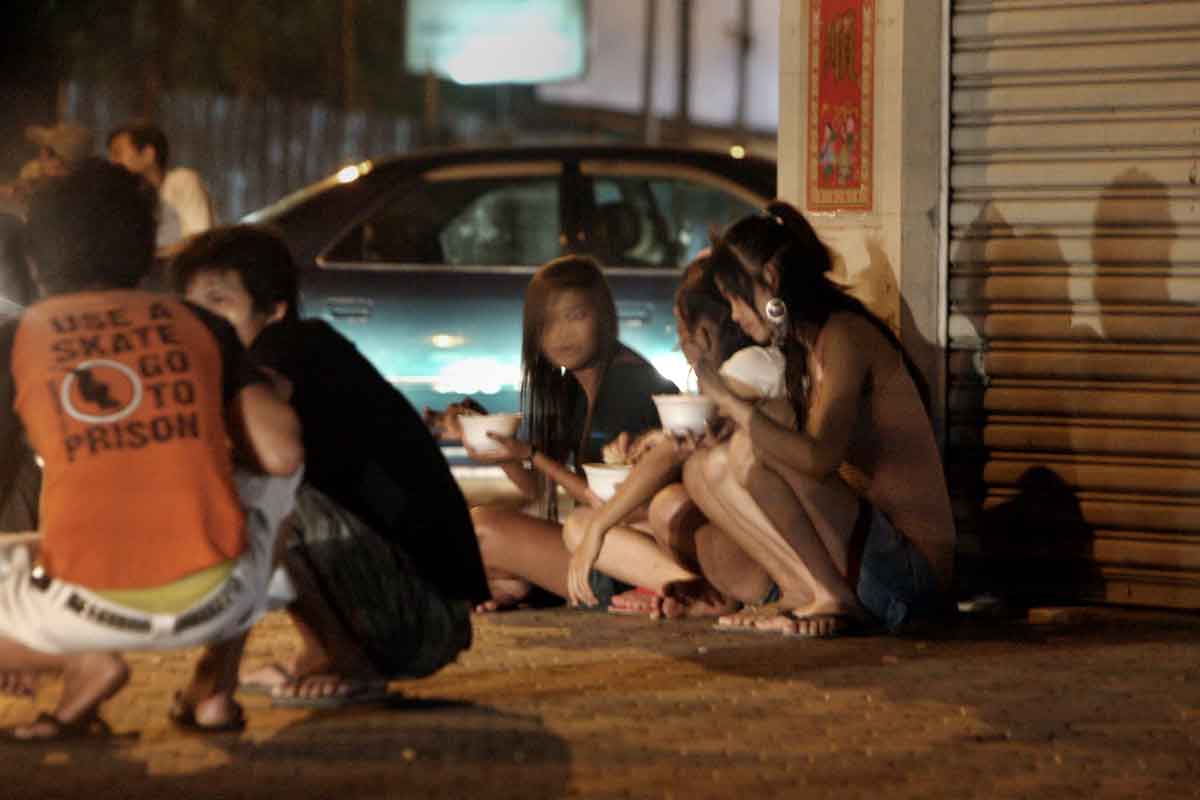It was recently reported that a Cambodian court had jailed a fixer and translator for two years. The sentence was carried out for his role in making a documentary about sex trafficking in the Southeast Asian country which the government said contained “fake news”.
According to the report, 48-year-old Rath Rott Mony was arrested in Thailand and sent back to Cambodia last year as he attempted to travel to the Netherlands with his family after helping produce the documentary for the Russia Today channel. The documentary Mony worked on, titled “My Mother Sold Me”, included an account of a poor Cambodian girl who was sold into sex work, prompting authorities to question those involved.
Authorities have claimed that the girl and her mother were paid US$200 to lie in the documentary. Russia Today, however, has said that it never pays participants or interview subjects for a report.
Whether the authorities’ claim is true or false, there are two things that are certain: (1) Cambodian Prime Minister Hun Sen has launched a crackdown on government critics, including human rights advocates and opposition politicians, and has in recent years used the term “fake news” to discredit dissenting voices. (2) The region, including Cambodia, has long been plagued by the scourge of child sex trafficking.
The United Nations Action for Cooperation against Trafficking in Persons (UN-ACT) website states that Cambodia is a country of origin, destination and transit for trafficked persons. It also notes that sexual exploitation is a major form of exploitation for Cambodian victims trafficked both, domestically and internationally. Children are trafficked to Vietnam as well as within Cambodia, and that the sale of virgin women for sexual exploitation continues to be a serious concern.
“Cambodia experiences significant internal and cross-border trafficking, and is a country of origin, transit and destination for trafficked persons. Human trafficking patterns and trends in Cambodia vary from small-scale opportunistic endeavours to large-scale organised syndicates with elaborate trafficking networks,” the website states.

In 2014, 22-year-old Cambodian-born Sokha Chan (who now lives in California) was interviewed by media regarding her dark childhood when she was sold for sex to an American man named Michael Joseph Pepe, a former United States (US) Marine, who was then living as an ex-pat in Phnom Penh when she was only 7.
“He won my virginity,” Sokha claimed.
Progress
According to the US Department of State, Cambodia has still not fully met the minimum standards for the elimination of trafficking. However, the Department of State also noted in its 2019 Trafficking in Persons Report that the ASEAN member state is making significant efforts to do so.
Placing the country in the Tier 2 Watch List, the report noted that Cambodia had demonstrated significant efforts during the reporting period, including by continuing to prosecute and convict traffickers; increasing law enforcement training; and taking steps to raise awareness on and incentivise safe migration to primary destination countries.
“However, authorities did not issue formal guidance allowing the use of undercover investigative techniques in anti-trafficking operations—a factor that continued to impede officials’ ability to fully hold sex traffickers accountable. Therefore, Cambodia was downgraded to Tier 2 Watch List,” the report reads.
Among some of the recommendations the US Department of State made in its report was for the Cambodian government to: (1) Vigorously investigate and prosecute trafficking offenses and convict and adequately penalize sex and labour traffickers, including complicit officials, with significant prison sentences. (2) Strengthen efforts to incorporate NGO input into the policy for formally transferring custody of child victims.
Following the recommendations, it would perhaps be wise for the Cambodian government to look seriously into Russia Today’s documentary instead of doing what it is perceived to be doing: trying to hush the matter up.
While Cambodia has made attempts to paint the documentary as a coordinated lie and has even jailed one of the interviewees, this does not take away the fact that numerous reputable organisations have pointed out that the country does have a problem as far as child sex trafficking goes. Yes, improvements have been made, but halfway measures and then silencing dissent does not seem like the wisest move here.
Related articles:
